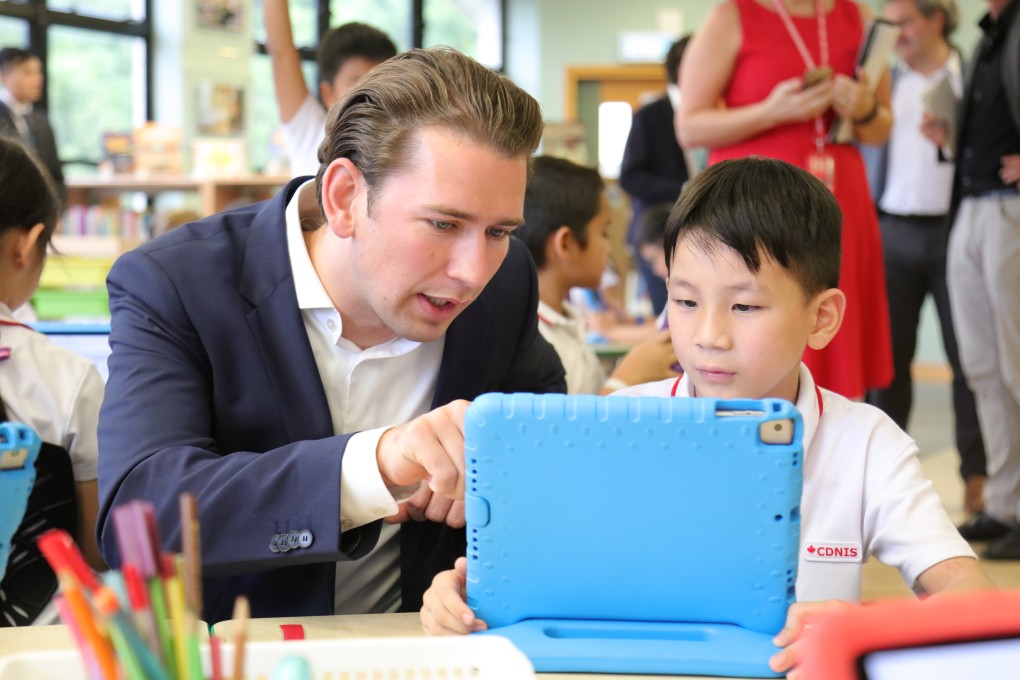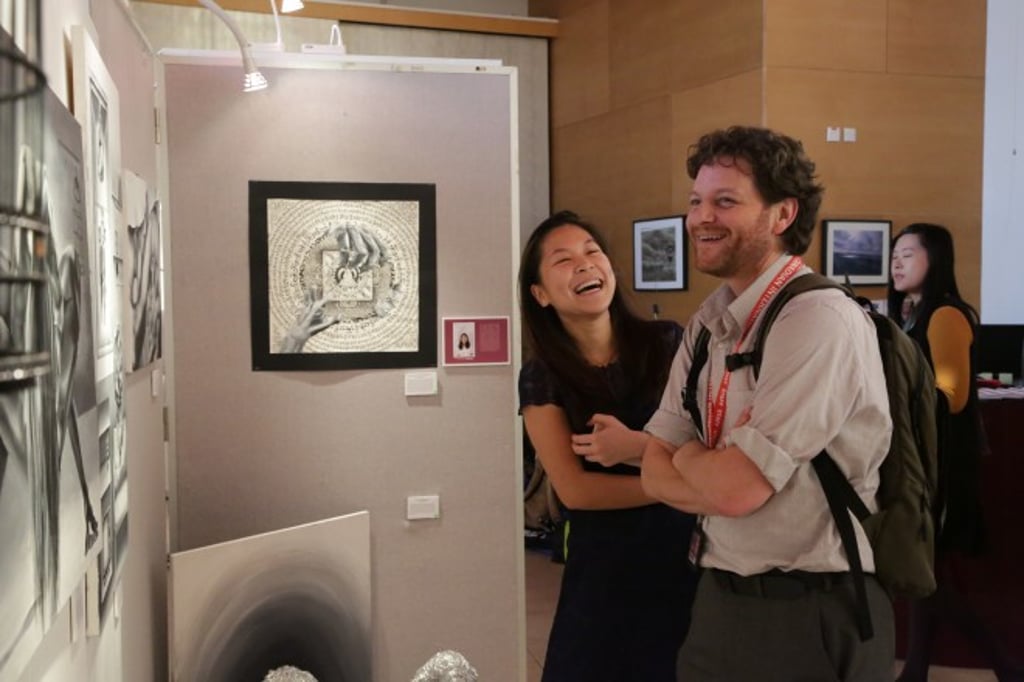Providing students with a 21st century future-ready education so they can thrive in a changing world

Acknowledged for pushing the boundaries of teaching and learning, while focusing on the whole-child development of its students, Canadian International School of Hong Kong (CDNIS) is also at the forefront of ensuring that students are equipped with 21st century future-ready learning competencies. CDNIS was recently recognized by Cambridge Strategies Innovation 800 as one of the world’s most innovative schools.
As part of its holistic view of education, CDNIS has implemented Project Innovate, a school-wide inquiry-based framework designed to meet the education needs of students from kindergarten age to Grade 12. Constructed around three pillars, Project Innovate infuses competencies identified by the World Economic Forum as essential 21st Century learning skills. The three pillars comprise, literacy, numeracy, science, information and communication technology and civic and cultural literacy; collaboration, communication, creativity and critical thinking and character building-developing resilience, initiative, curiosity, empathy, leadership and adaptability. "Each of the three pillars is equally important, and therefore the school works hard to focus on all of them," explains Helen Kelly, CDNIS Lower School Principal. "The approach enables students to apply what they know, to identify and solve problems, through the creation of new ideas," she adds.

Kelly also explains by infusing future-ready learning across the inter-disciplinary approaches embedded in the International Baccalaureate (IB) and Ontario curriculums, students are immersed in dynamic, experiential learning that enables them to solve problems through creative thinking and an application of what they know to the next level of learning. As part of the journey to ensure CDNIS students are future-ready learners, every student between Grades 4 and 6 has a personal robot, which enables them to develop their coding skills. "Coding, which involves a lot of trial and error and reflection, incorporates twenty-first century skills including curiosity, resilience and adaptability," notes Kelly. Meanwhile, the CDNIS Blueprint Club extra-curricular programme provides students of any age with opportunities to develop and innovative ideas, work on solving real-world problems and to reach beyond themselves.

As one of the first Apple Distinguished Schools in the Asian region, which means that CDNIS has been identified for its technology-rich environment that supports learning goals, CDNIS was recently chosen by his Excellency, Sebastian Kurz, the Federal Chancellor of the Republic of Austria, as the only international school to visit during his Hong Kong fact-finding mission. Accompanied by more than 50 ministers, including the Austrian Minister for Education and Minister for Science and Innovation, the delegation visited the CDNIS Design Studio where Upper School and Lower School students demonstrated how they use iPad Pros and sat in on a teacher professional development session focused on robotics. The delegation also experienced firsthand how students use 3D printers, laser cutters, CNC machines and Virtual Reality headsets as part of their learning. David Baird, CDNIS Head of School says, “The Chancellor and the Ministers were impressed by Grade 5 student's ability to use sophisticated software -- the type of software students would normally use during their first or second year at university.”
